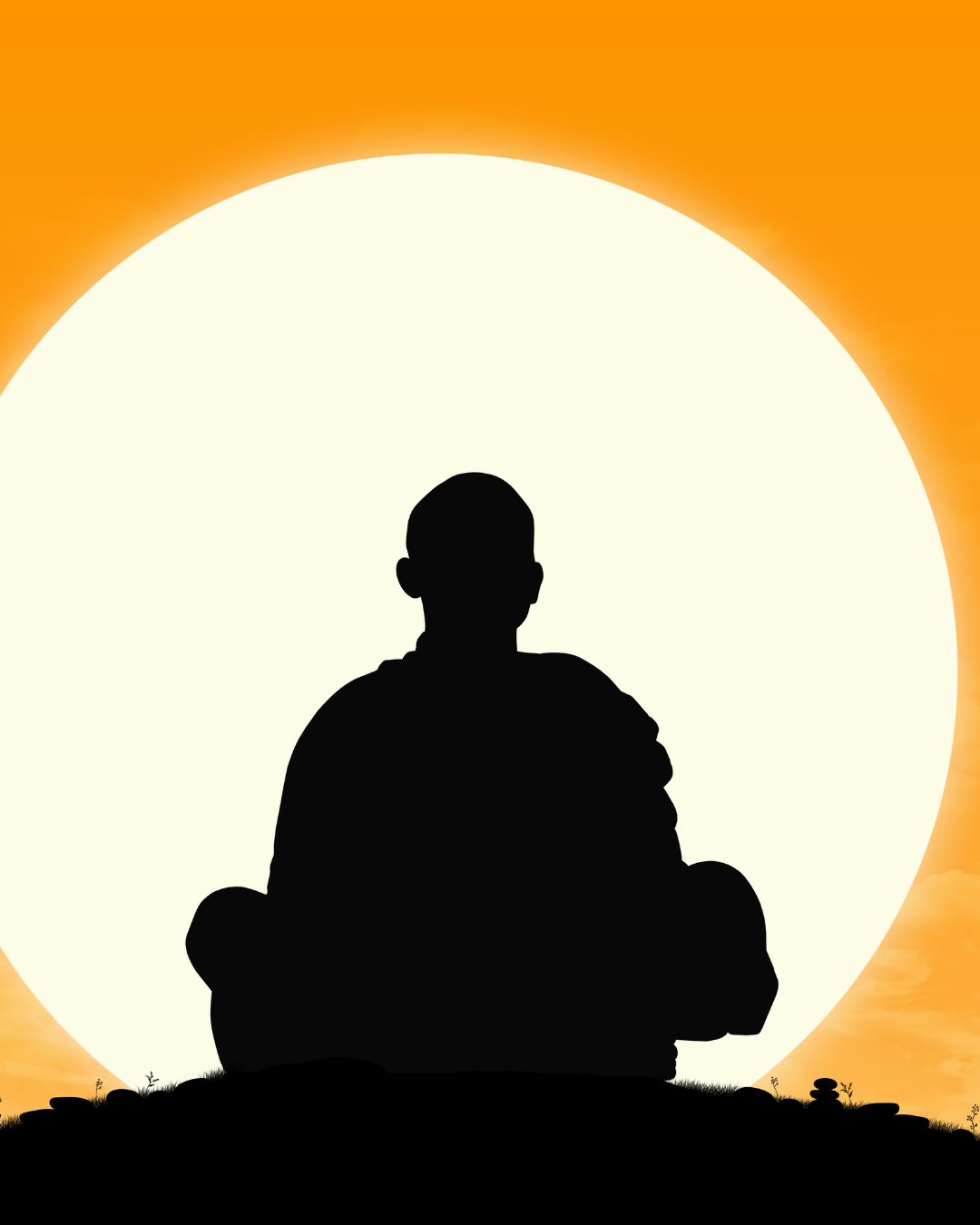Mindfulness.
A word that’s been thrown around so much that it’s easy to overlook its true significance.
For some, it conjures images of yoga gurus in serene poses. For others, it’s a meditating monk, untouched by the chaos of the world. For me it brings an image of Obi Wan Kenobi telling Anakin to be mindful of his thoughts. But in reality, mindfulness is none of these things—at least not exclusively.
Instead, mindfulness is a tool—one that, when mastered, can help you take control of your thoughts, emotions, and, ultimately, your life.
What is Mindfulness?
At its core, mindfulness is about awareness. It’s the practice of becoming fully present—conscious of your thoughts, emotions, and actions without letting them dictate your life.
It’s acknowledging your emotions without being enslaved by them. Observing your thoughts without allowing them to control you. Recognizing your impulses without mindlessly acting on them.
Mindfulness isn’t about suppressing feelings or pretending negativity doesn’t exist. It’s about understanding why we feel the way we do and deciding whether those feelings serve us.
Why Mindfulness Matters
Most people live on autopilot, reacting to emotions instead of responding with intention. Consider this pattern:
- You feel anger.
- That anger fuels negative thoughts—“How dare they talk to me like that?”
- Those thoughts manifest in words—you vent, complain, or lash out.
- Words lead to actions—maybe a heated argument, a damaged relationship, or a decision you later regret.
Now, imagine inserting mindfulness into this sequence. Instead of spiraling into frustration, you pause and ask:
- Why am I angry?
- Does this feeling serve me?
- Is this worth my energy?
That simple pause is a game-changer. It breaks the cycle. It puts you back in control.
Mindfulness isn’t about removing emotions—it’s about harnessing them. Learning to use emotions as tools, rather than letting them use you.
How to Practice Mindfulness in Daily Life
You don’t need hours of meditation or a silent retreat in the mountains to cultivate mindfulness. It starts with simple, conscious actions:
- Pause before reacting. Before responding to a situation, take a deep breath. Give yourself space to think.
- Name your emotions. Saying, “I feel frustrated” helps separate the feeling from your identity. You are not your emotions; you experience them.
- Practice intentional breathing. A few deep breaths can ground you in the present moment and restore clarity.
- Redirect your focus. Instead of dwelling on negativity, shift to gratitude. Ask, “What can I learn from this moment?”
- Slow down. Rushing through life robs you of awareness. Walk a little slower, eat more mindfully, and truly engage in conversations.
By integrating these small practices, mindfulness becomes second nature.
Final Thoughts: Mindfulness is Freedom
Mindfulness is more than a trendy buzzword—it’s the key to breaking free from reactive patterns. It helps you master your emotions, make better decisions, and create a life driven by intention rather than impulse.
So, are you ready to take control of your thoughts and emotions? Seize the moment and take the first step toward a more mindful, resilient, and empowered life.
Ready to Take Your Mindset to the Next Level?
If you’re ready to transform your mindset and develop resilience, my coaching programs are designed to help you break free from emotional autopilot and build a stronger, more intentional life.

